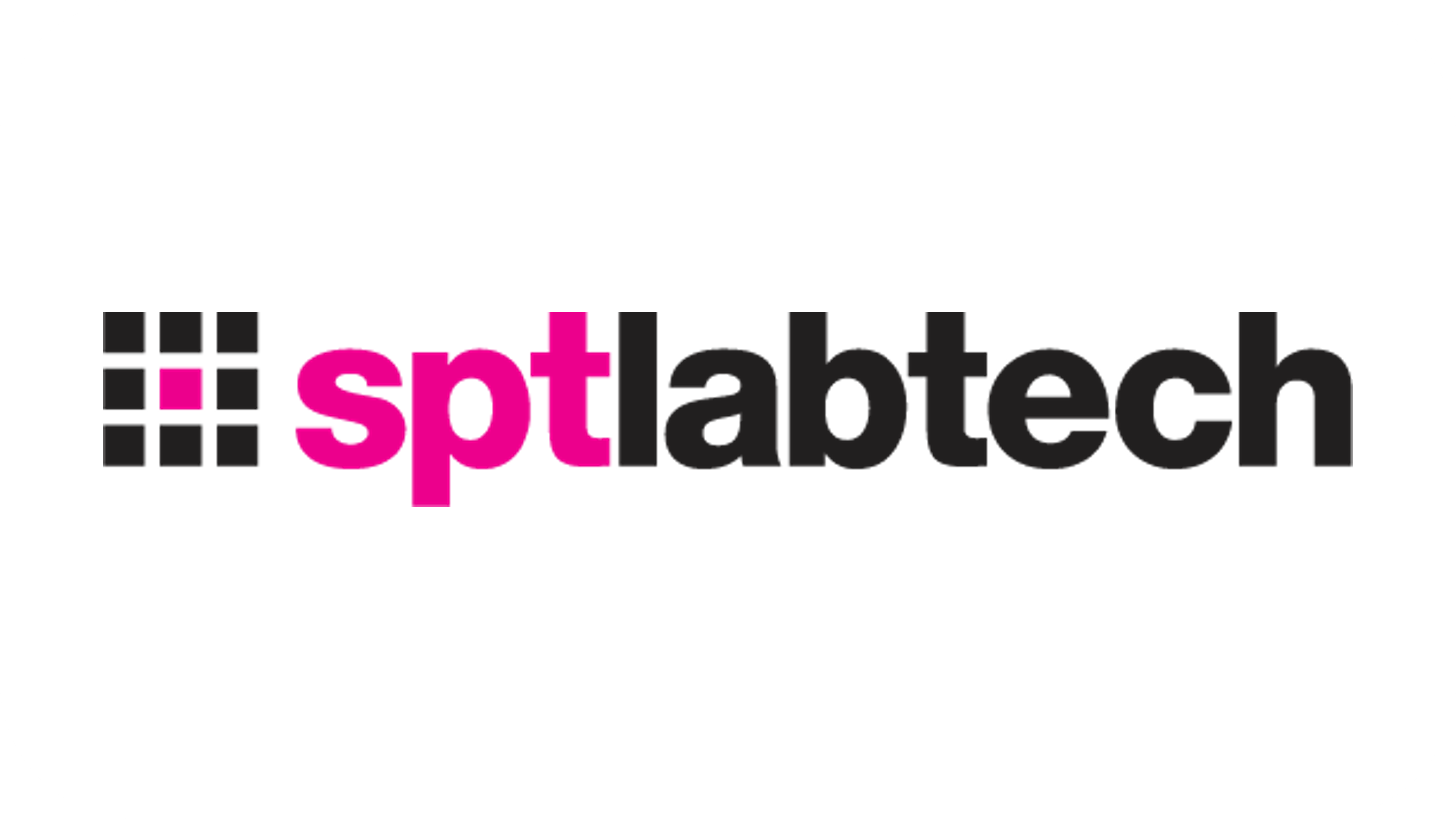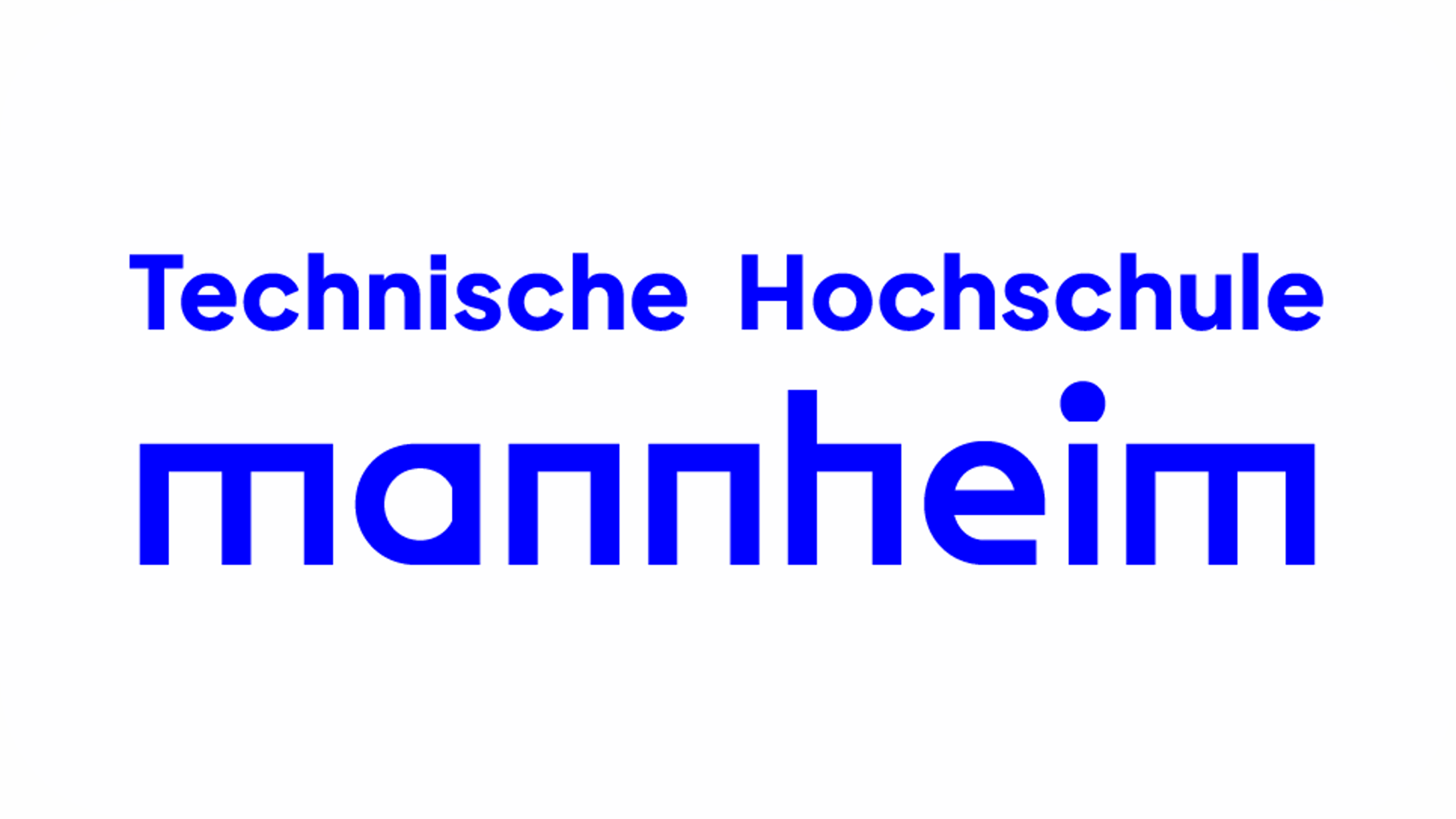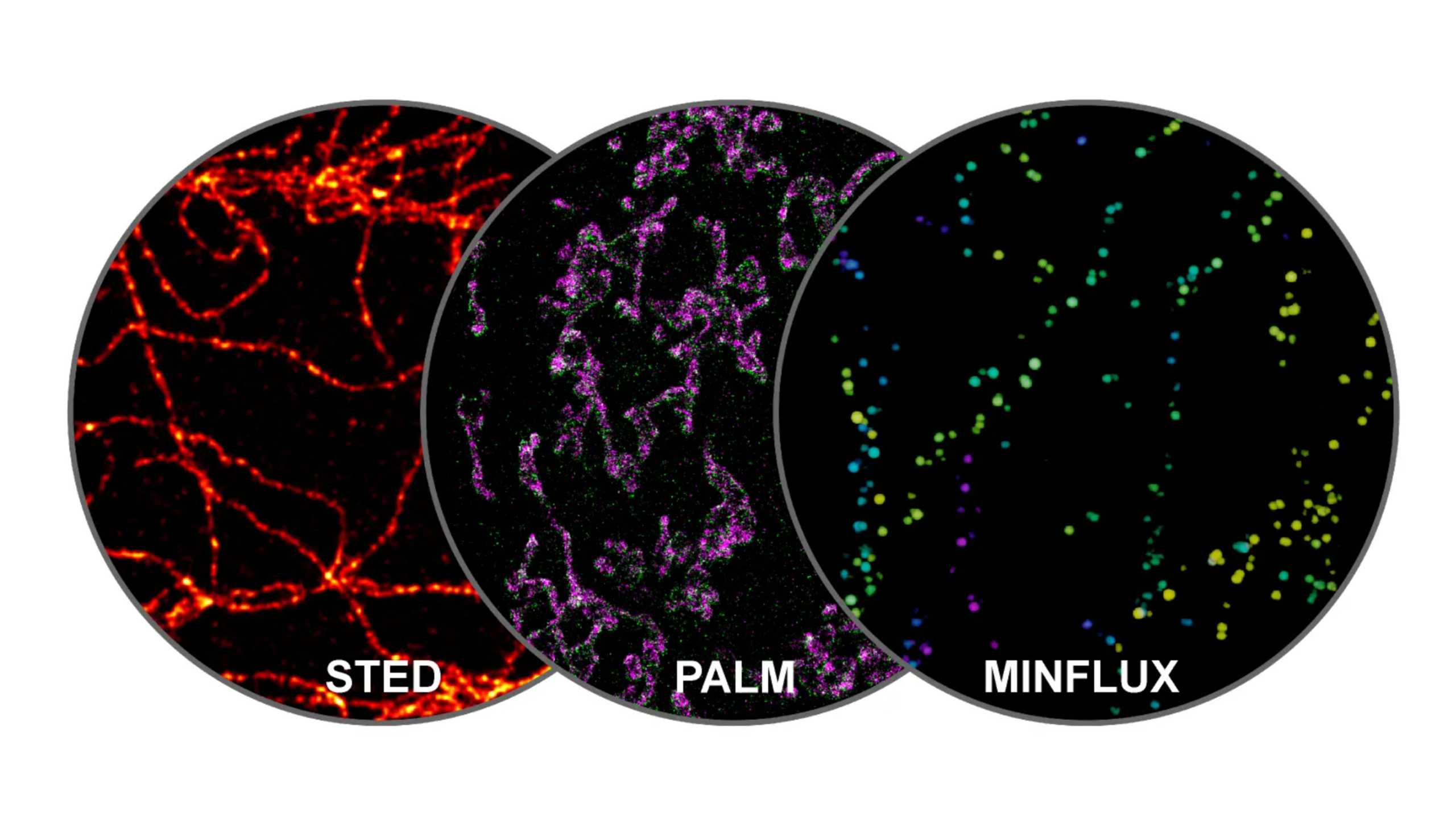Award-winning research in emergency medicine in Heidelberg
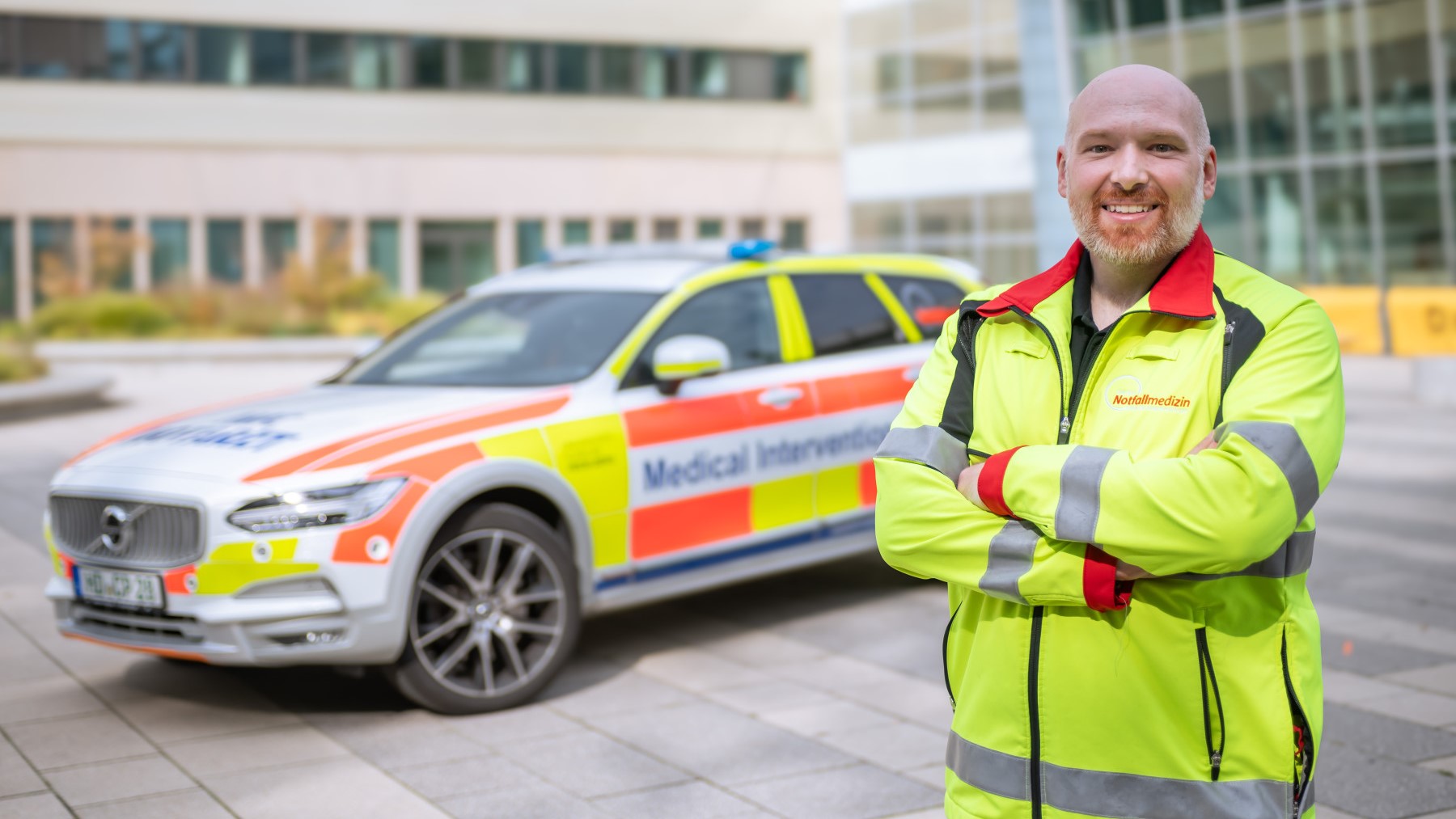
Research is constantly being conducted at Heidelberg University Hospital to continuously improve patient care and patient safety. The emergency medicine department has already received several awards for its innovations and improvements.
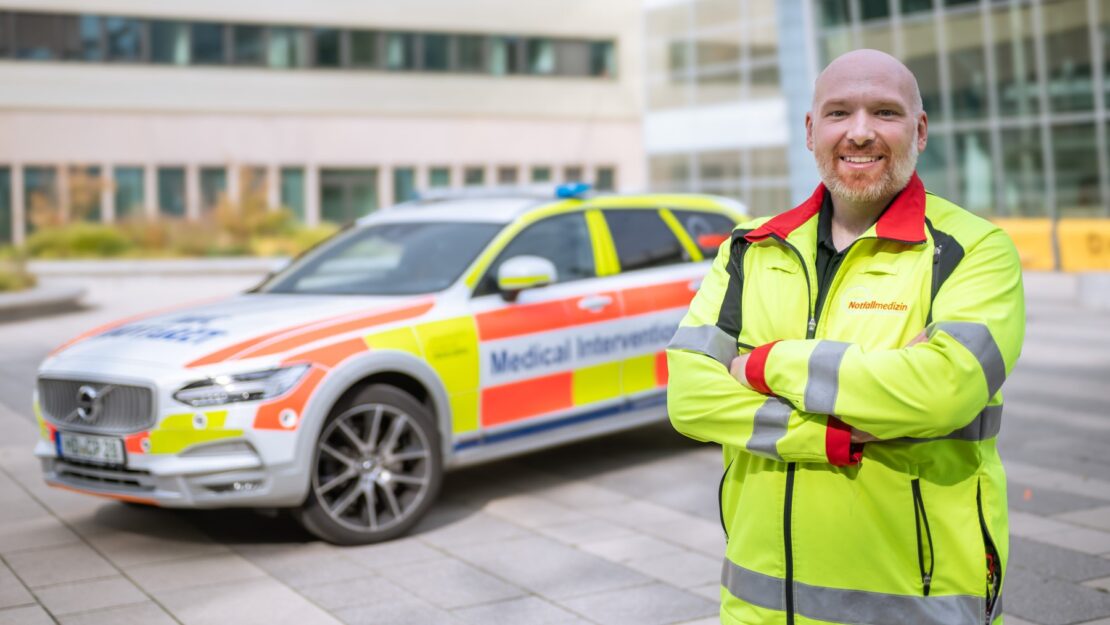
The Emergency Medicine Section of the Department of Anesthesiology at Heidelberg University Hospital (UKHD) recently received the Rudolf Frey Prize 2024 from the German Society of Anesthesiology and Intensive Care Medicine. The team led by Dr. Stephan Katzenschlager, Dr. Stefan Mohr, Nikolai Kaltschmidt and Professor Dr. Erik Popp received the award for their research in the field of emergency medicine entitled “Laryngeal mask vs. laryngeal tube trial in paediatric patients (LaMaTuPe): a single-blinded, open-label, randomized controlled trial”. In it, they investigated airway management in children and adolescents by looking at the safety and effectiveness of modern airway devices.
The team compared the use of a laryngeal mask with the use of a laryngeal tube, both of which play a crucial role in ensuring effective ventilation, particularly in emergencies. Until now, the standard procedure for securing the airway was to insert a tube into the windpipe (known as endotracheal intubation). This procedure is still the most reliable method, but requires a lot of practice and experience on the part of the treating staff. As children have an even lower tolerance to oxygen deprivation than adults and are therefore particularly at risk, the team focused on this important area in their award-winning research work. The research on airway safety showed that the laryngeal mask is clearly superior to the laryngeal tube due to the shorter insertion time. The insertion time of the mask was 31 seconds, that of the tube 37 seconds. Seconds that can make the difference between life and death. The mask also performed better than the tube in terms of the success rate of the first insertion and led to fewer complications – such valuable findings for clinical practice make a decisive contribution to making emergency care safer when securing the airways of children and adolescents.
Dr. Katzenschlager was awarded the German Resuscitation Prize back in 2023. In his award-winning research work, he looked at out-of-hospital cardiac arrests in children and searched for factors that increase the chances of survival. Katzenschlager has also received financial support for his scientific work from the Heidelberg Surgery Foundation twice, in 2022 and 2024.


